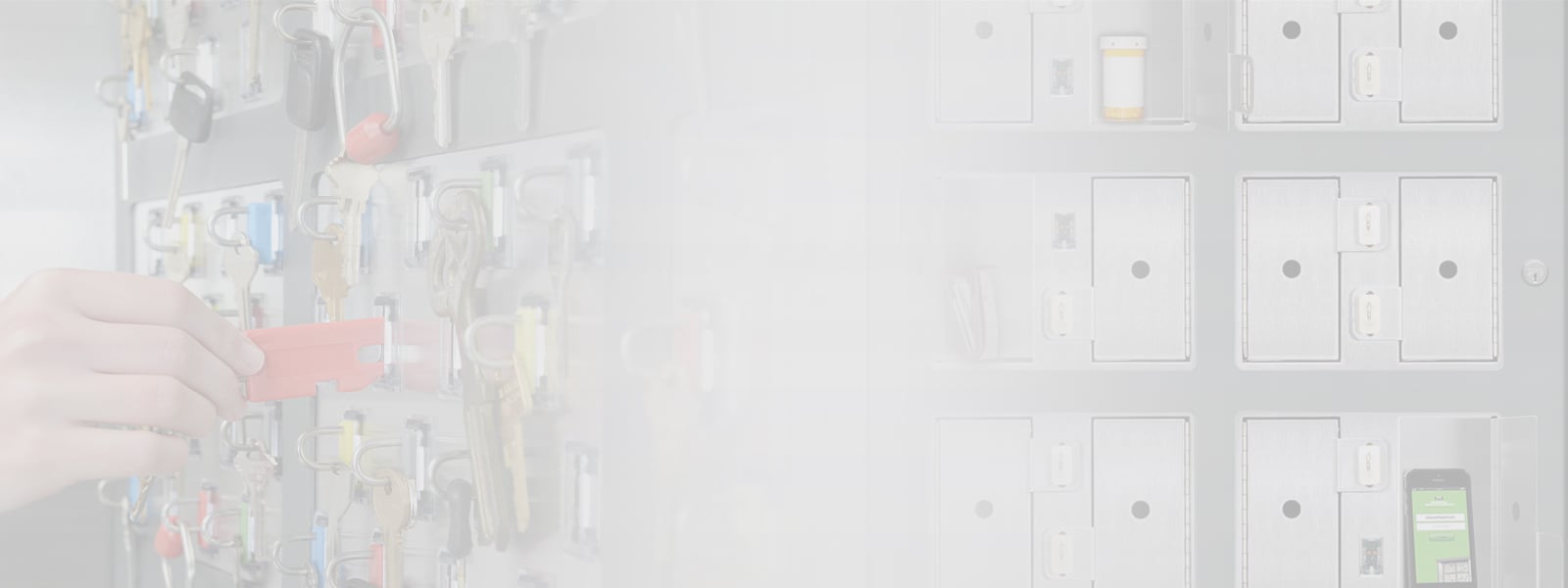Managing the consequences of a natural disaster or other emergencies is never easy, but it can be made more efficient with better preparation and follow up. Key and asset management systems are a valuable part of facility security, helping to protect staff, assets and areas and streamlining access for authorized users in both regular and emergency situations. When time is of the essence, these systems can also supply up-to-date and reliable information allowing personnel to react more quickly and proceed with established procedures regarding secure areas or valuable assets.
Following are a few best practices pertaining to the use of key management systems that can help lessen the fallout from an emergency.
Cabinet Location – key cabinets should be installed in areas that are convenient for users to help ensure quick access. Networked systems can allow users to return keys to any cabinet and the system will automatically track the status of each key. Keys available for access (and their location) can be called up on screen, and the cabinet itself can illuminate the desired key for faster identification and removal – particularly useful for facilities that store dozens, hundreds, or even thousands of keys.
Remote Management – the ability to remotely modify user permissions (e.g., allowing staff to access another part of the facility) can save valuable time in an emergency. Meanwhile, the use of mobile apps enables authorized parties to review a wide range of live information and to cancel an alarm after the emergency has passed.
System Integration – integrating key management with access control systems can help ensure rapid sharing of information between the systems while mitigating human error. Alarm and event notifications are shared between the systems, and user permission updates in one system can immediately sync with the other.
On-demand Reporting – while conducting a follow up investigation on an incident, management can query the key management system for specific information, such as an audit of user events between certain times, or generate a report showing all system activity leading up to the incident.
These are just a few ways that key management systems can enhance a facility’s emergency response capabilities with real-time information, remote management capabilities and secure storage of keys and other important assets. Just as important, however, is ensuring that these and other systems are part of a broader and well-rehearsed emergency response plan so that employees are ready if and when a disaster occurs.
To learn more about key management systems for your facility, contact one of our experts for more information today.



